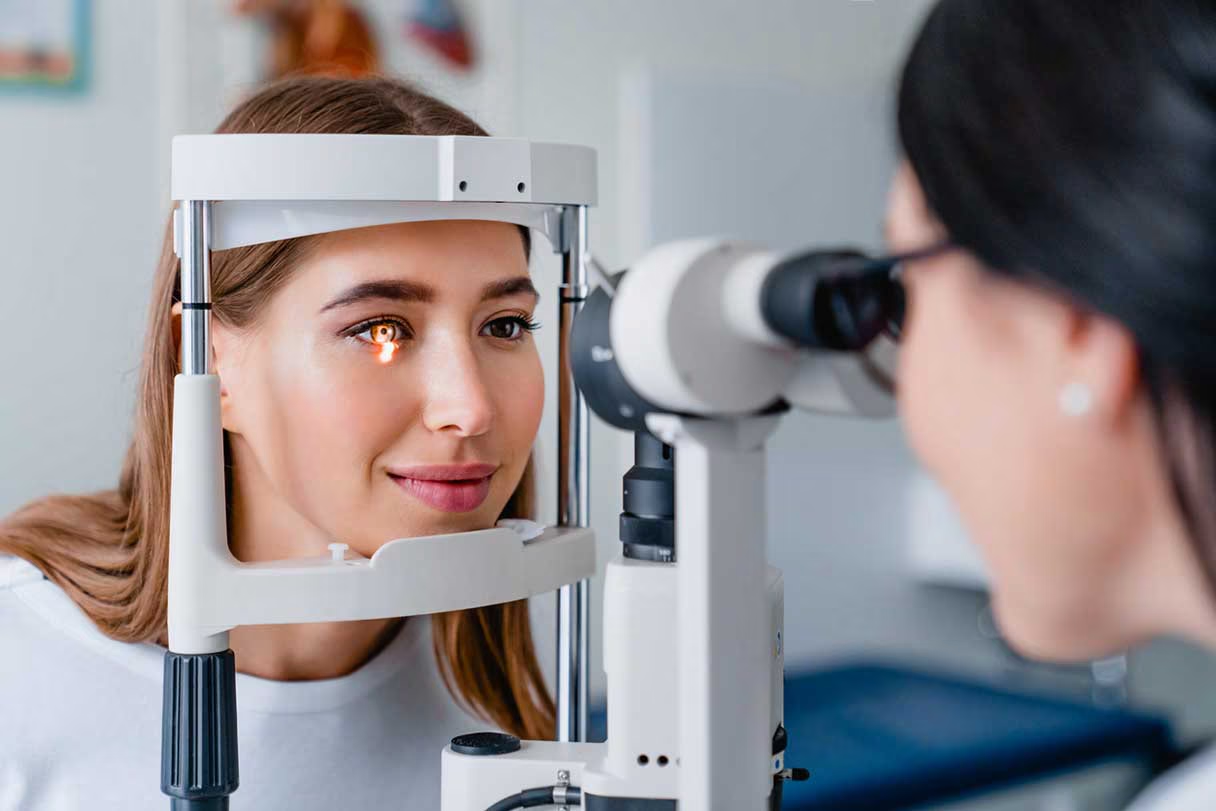Researchers in Scotland pioneered an Artificial Intelligence tool that will allow opticians on main streets to look for early dementia signs by studying patients’ eyes during normal appointments. The new technological system evaluates retinal images to monitor brain health thus potentially exposing neurodegenerative diseases ahead of clinical indicators.
The NeurEYE research team at the University of Edinburgh and Glasgow Caledonian University built the biggest database of eye scans in the world by accumulating near one million images. AI algorithms allow this instrument to assess retinal blood vessel health thus detecting early indicators of Alzheimer’s disease.

The retina shows immense diagnostic potential for brain health monitoring according to Professor Baljean Dhillon who leading NeurEYE research alongside colleague co-leads. The early detection of brain changes in life through affordable retinal image analysis equipment represents his main observation.
Dementia produces memory and thinking and speech problems in approximately 7% of the 65-year-old plus population as Dementia UK states. The benefits of early diagnosis would enable families to prepare themselves before confronting upcoming difficulties. David Steele claims that early diagnosis of Alzheimer’s disease would have prevented nearly ten years of family turmoil for his mother.

According to Edinburgh-based optometrist Ian Cameron the eye functions as an indicator that displays signs of both heart disease and neurological disorders and other broad health conditions. Eye tests should be done every two years because early identification produces better health results according to him.
NeurEYE plans to launch a prototype prototype this year as part of their goal to bring the system to every region of the UK by 2026. The innovative technological advance holds the potential to transform dementia diagnosis so that patients can receive support earlier while family members can make safer preparations.













